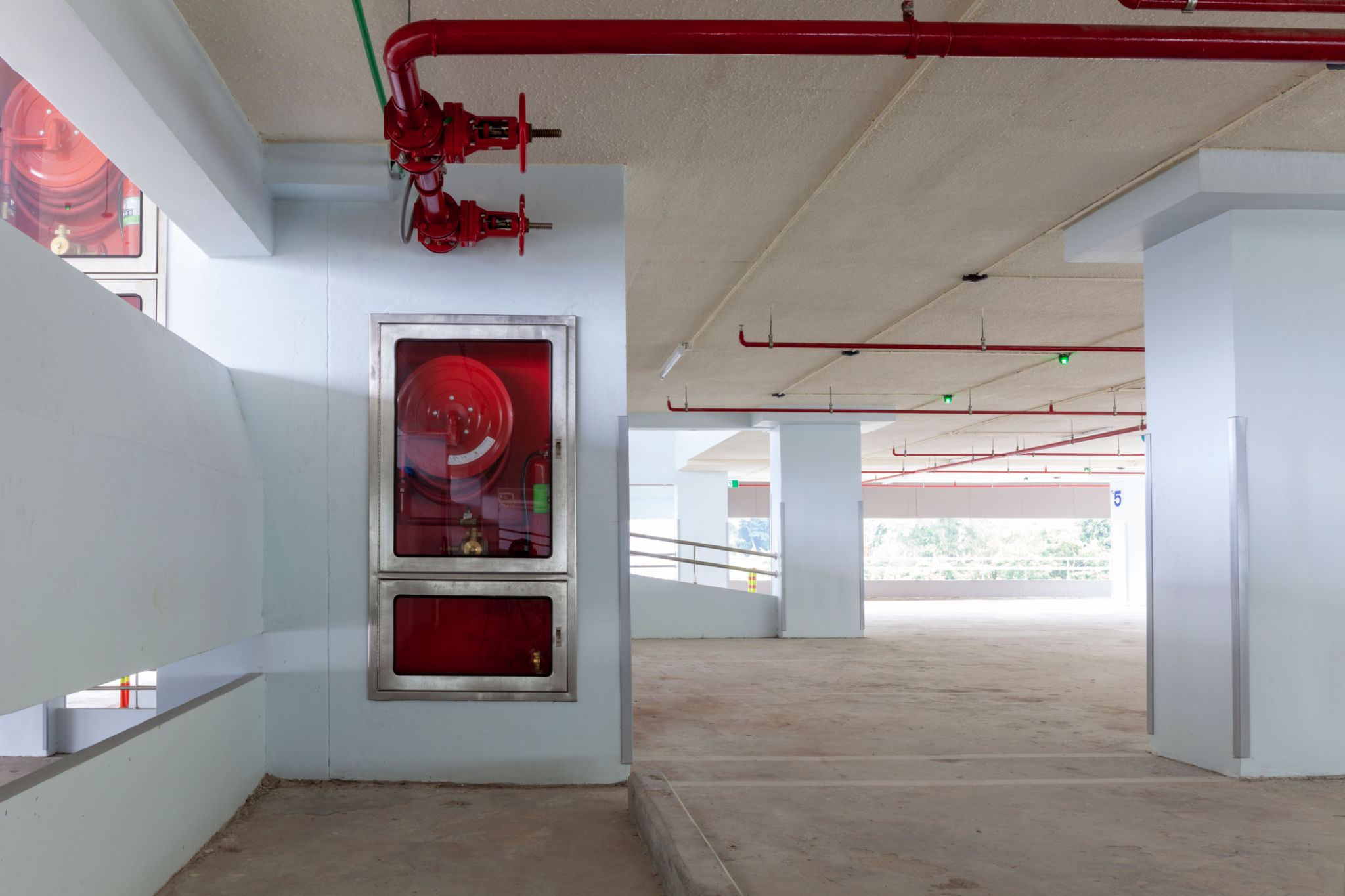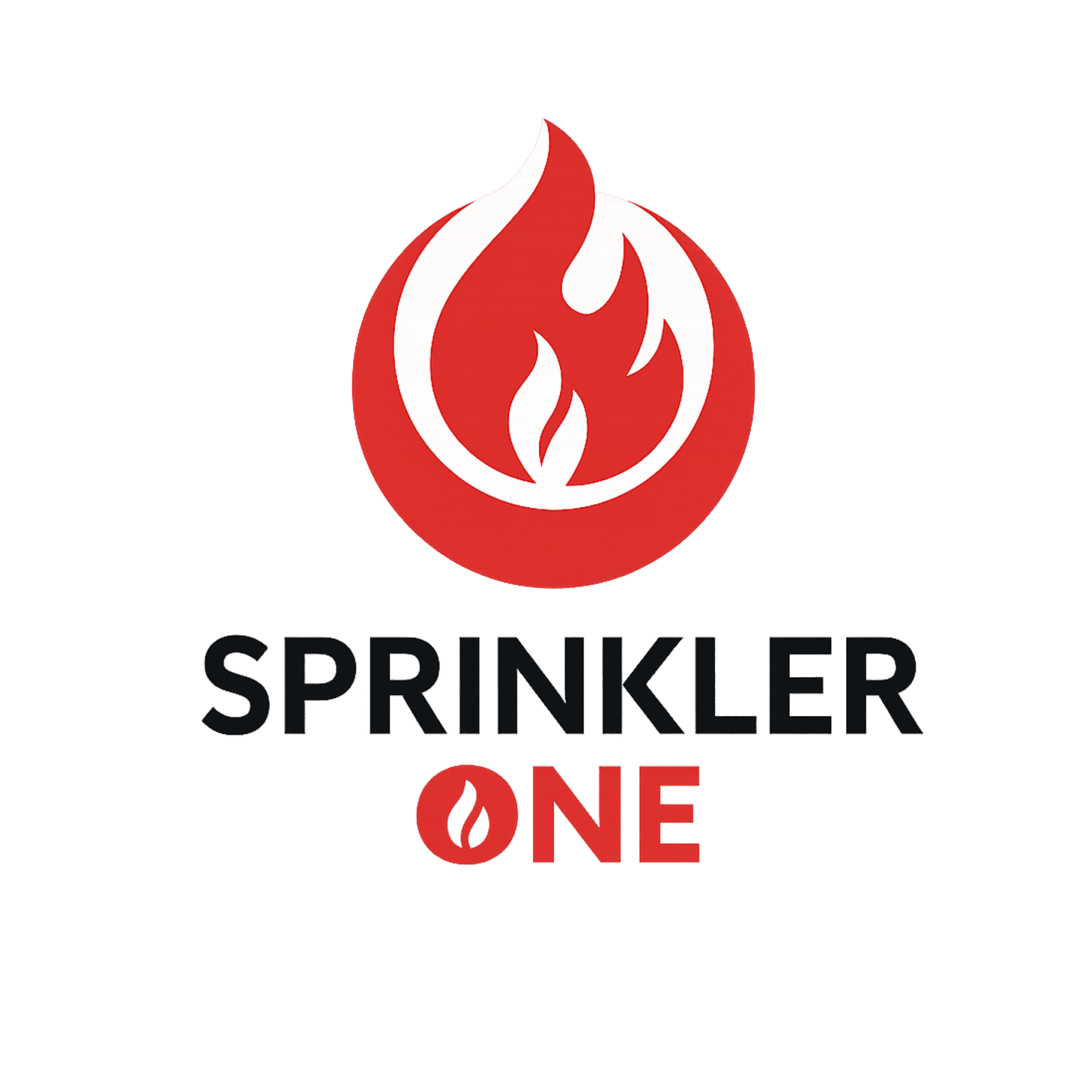Ensuring NFPA 25 Compliance: A Comprehensive Guide for Property Managers
Understanding NFPA 25 Compliance
As a property manager, maintaining the safety and security of your building is a top priority. One crucial aspect of this responsibility is ensuring compliance with the National Fire Protection Association (NFPA) 25 standards. These standards provide guidelines for the inspection, testing, and maintenance of water-based fire protection systems. Adhering to NFPA 25 ensures that your fire protection systems are ready to function when needed, safeguarding lives and property.

Why NFPA 25 Compliance Matters
Non-compliance with NFPA 25 can have serious consequences. Not only does it pose safety risks, but it can also result in legal liabilities and financial penalties. In the event of a fire, an improperly maintained system could fail, leading to catastrophic losses. By ensuring compliance, you demonstrate due diligence and commitment to safety, potentially reducing insurance premiums and enhancing your property's reputation.
Regular inspections are a key component of NFPA 25 compliance. These inspections ensure that all components of your fire protection system are in working order. From sprinkler heads to water supply control valves, each element must be checked periodically to confirm functionality.
Key Components of NFPA 25
NFPA 25 outlines several critical aspects of fire protection system maintenance. These include:
- Weekly and Monthly Inspections: Regular checks of valves, gauges, and alarms.
- Quarterly and Annual Testing: More comprehensive testing to verify system performance.
- Five-Year Internal Pipe Inspections: Ensuring pipes are free from obstructions and corrosion.

Developing a Compliance Plan
To stay compliant, property managers should develop a comprehensive plan that outlines inspection schedules, responsible personnel, and documentation procedures. This plan should be tailored to your specific property and its unique requirements. Engaging with experienced fire protection professionals can help ensure your plan aligns with NFPA 25 standards.
Documentation is another critical element of compliance. Keeping detailed records of all inspections, tests, and maintenance activities demonstrates your commitment to safety and provides critical information during audits or inspections by authorities.
Engaging Professional Services
Partnering with certified fire protection service providers can simplify compliance efforts. These experts bring specialized knowledge and experience, helping you navigate the complexities of NFPA 25 regulations. They can conduct thorough inspections, perform necessary maintenance tasks, and provide valuable advice on system upgrades or replacements.

Training and Education
Ensuring that your staff is educated about fire safety protocols is vital for maintaining compliance. Regular training sessions can equip your team with the knowledge needed to identify potential issues and respond appropriately in emergencies. Providing access to NFPA resources and guidelines can further enhance their understanding of compliance requirements.
In conclusion, maintaining NFPA 25 compliance is an integral part of property management that requires diligence, planning, and expertise. By prioritizing regular inspections, adhering to maintenance schedules, and engaging professional services, you can protect your property while ensuring the safety of its occupants.
